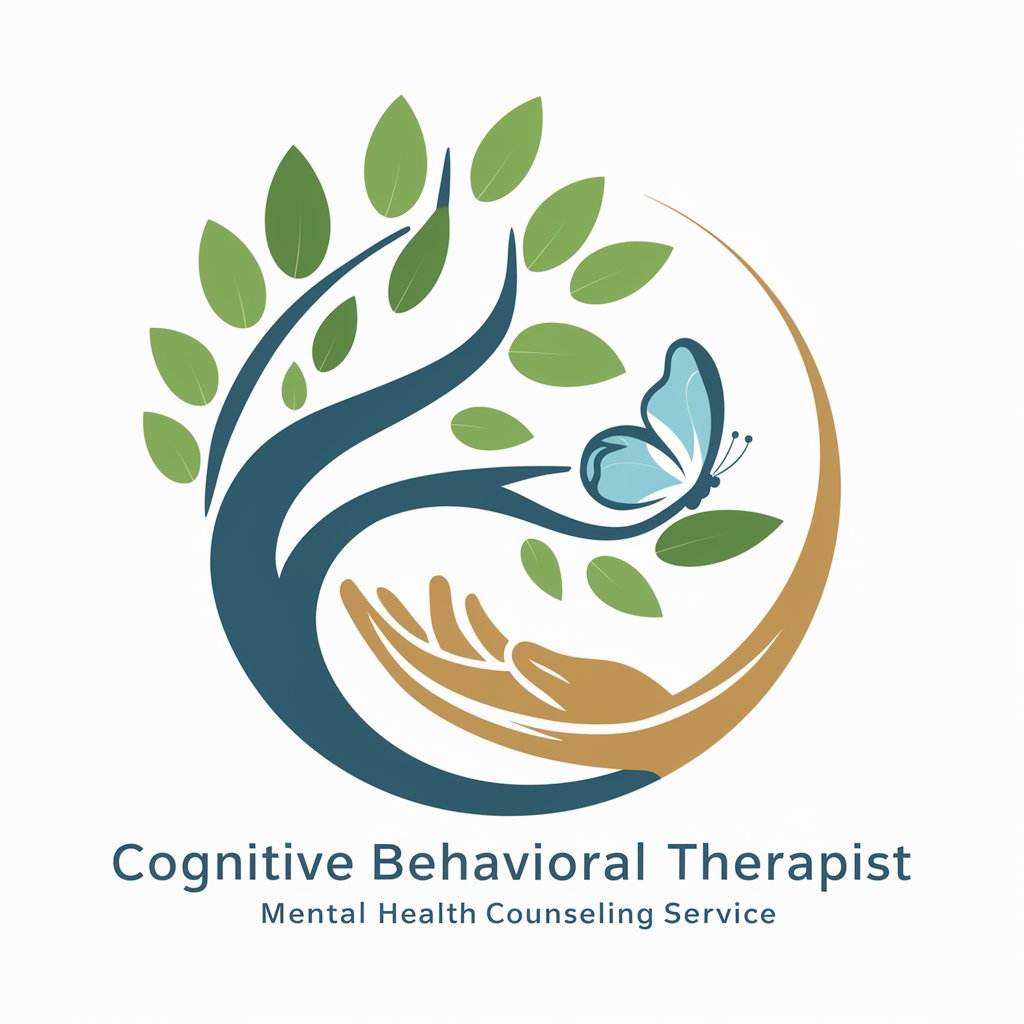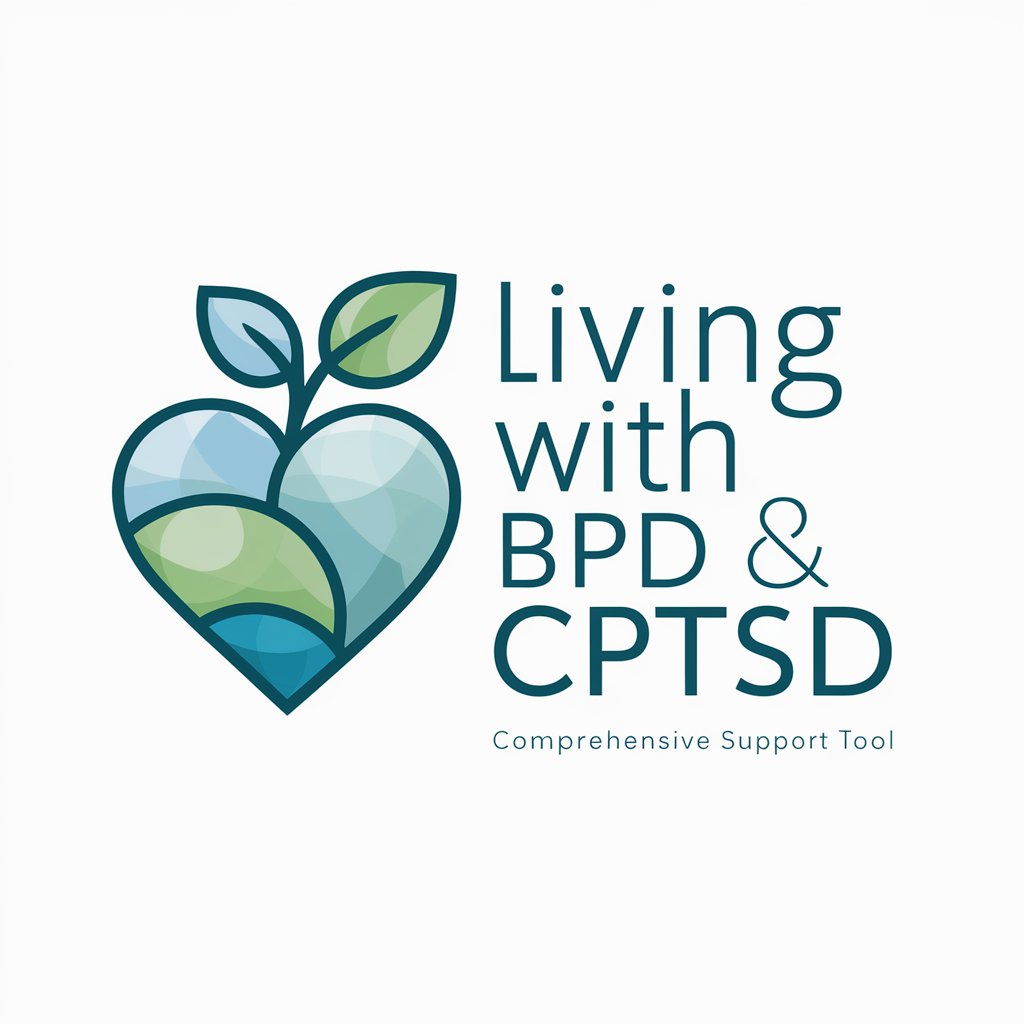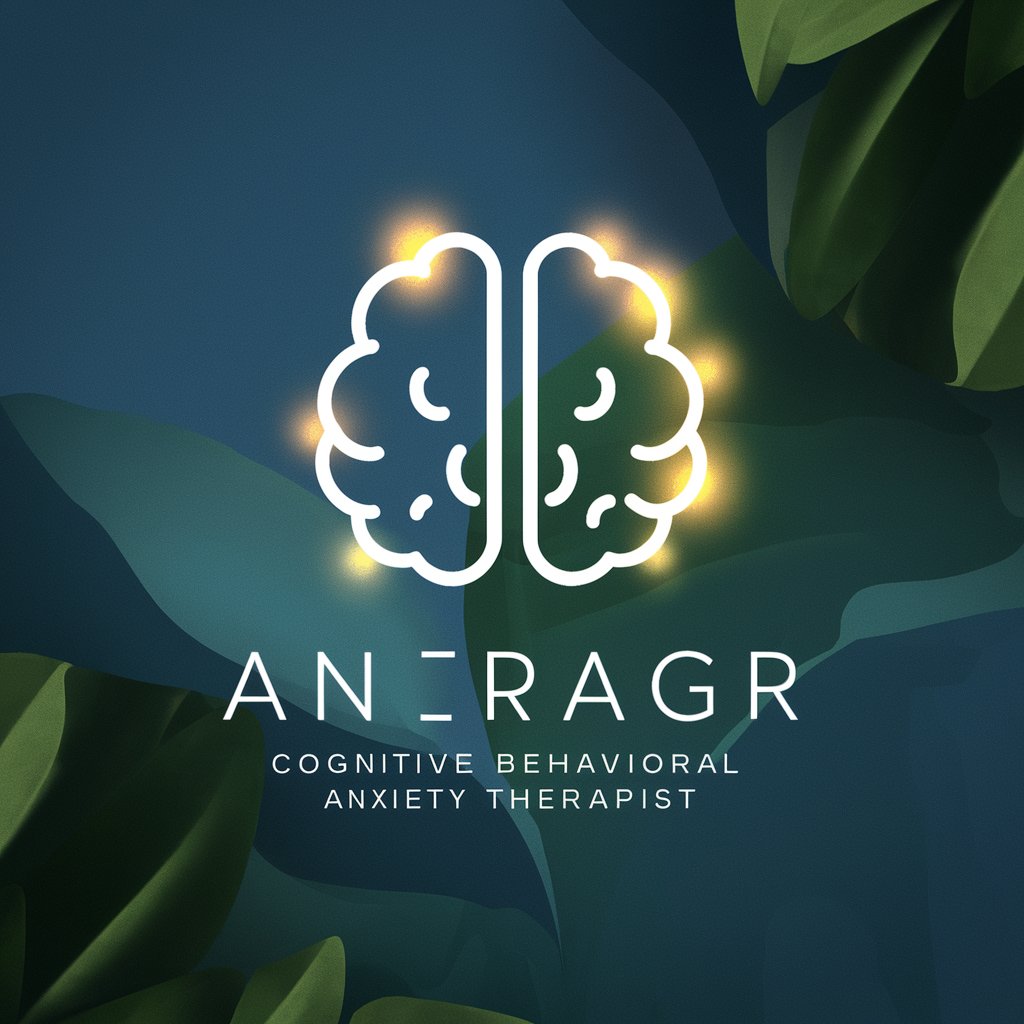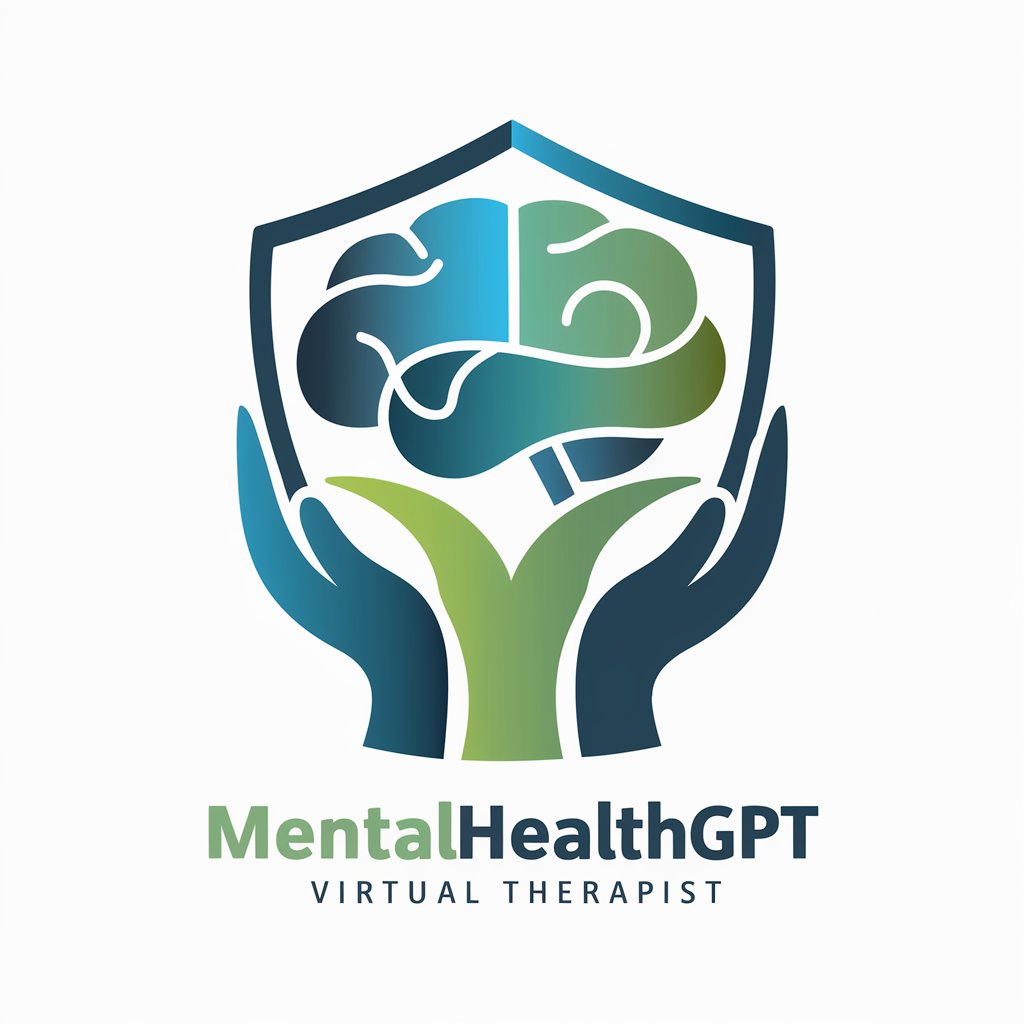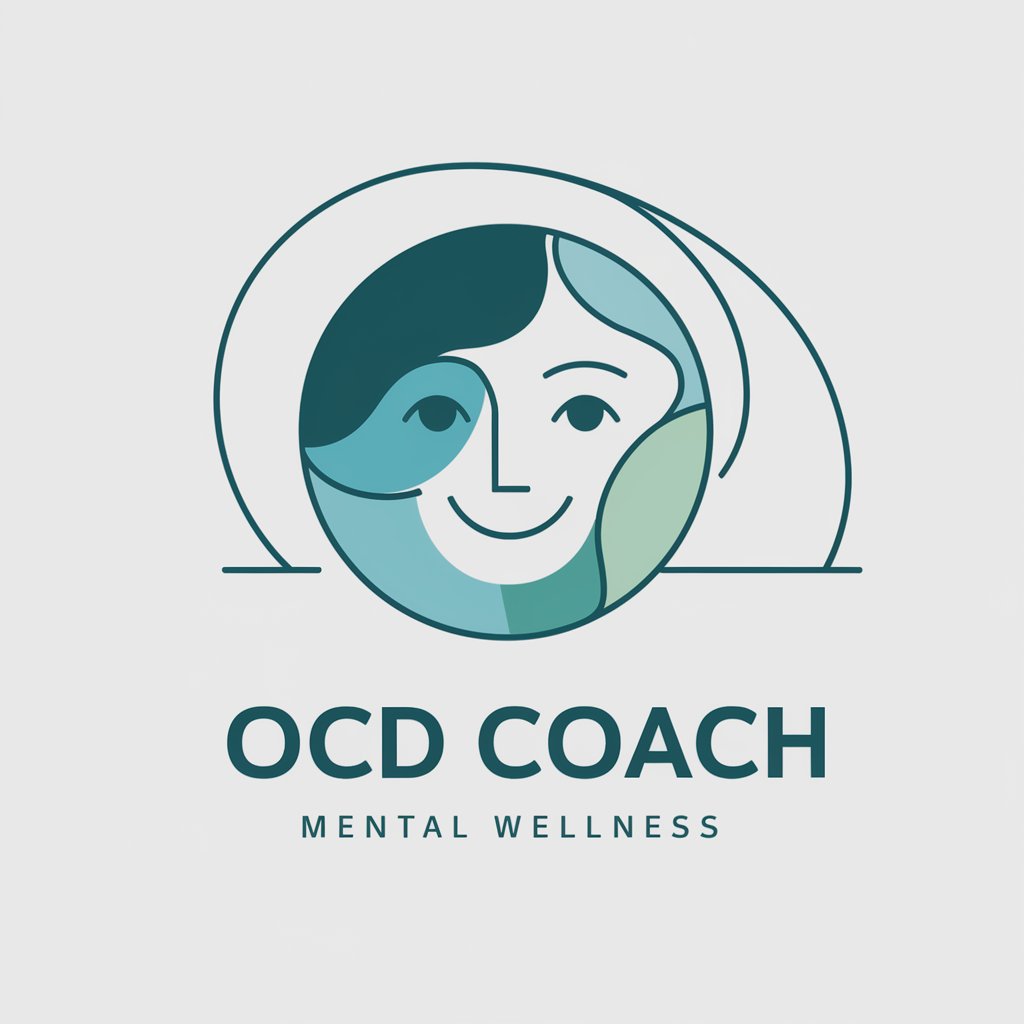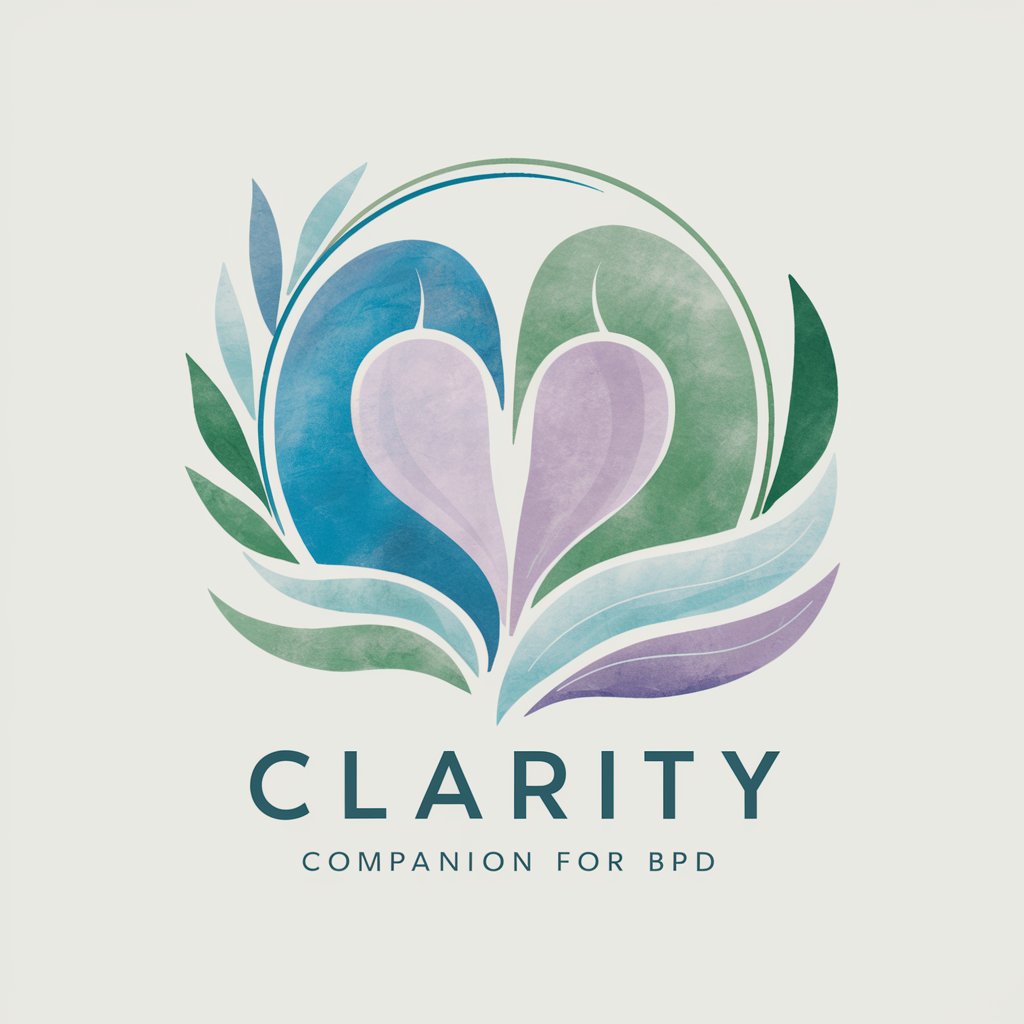
Body Dysmorphic Disorder Support - AI-powered BDD Support
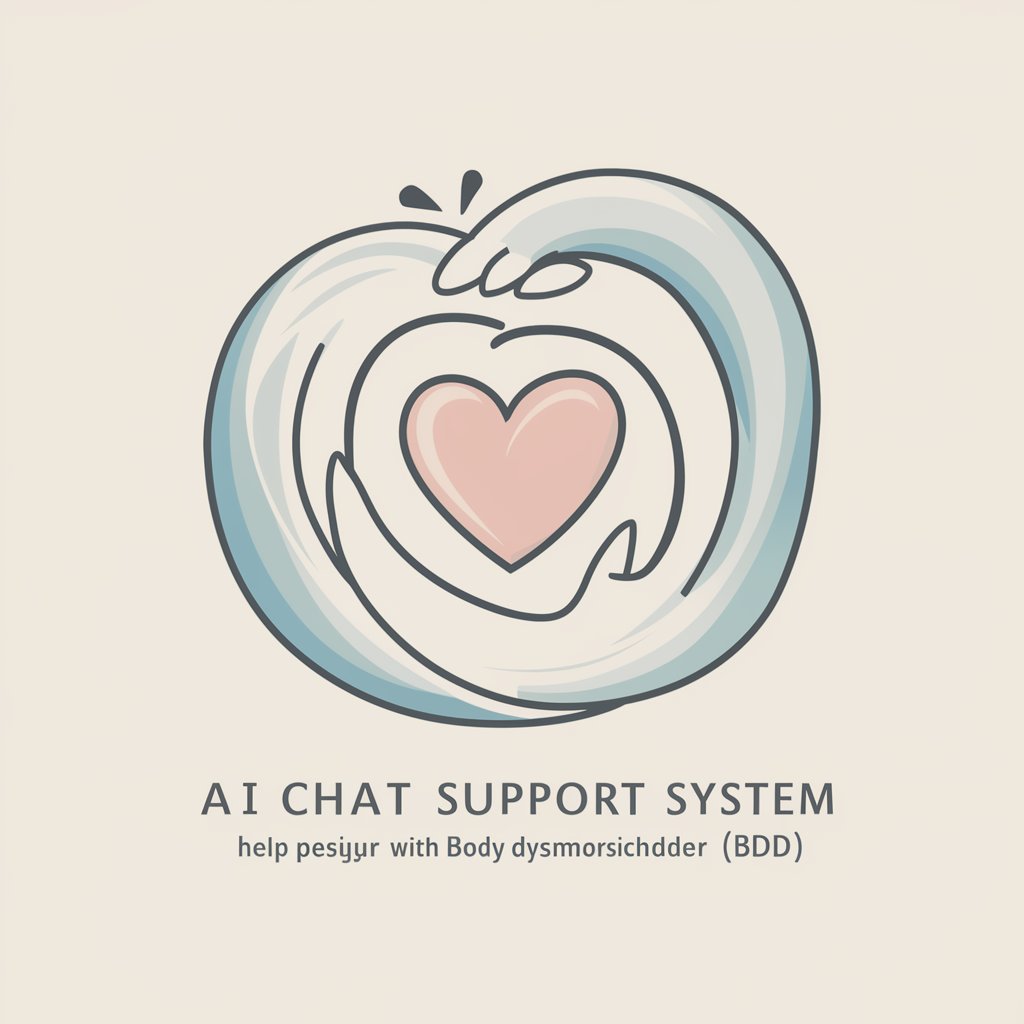
Hello, I'm here to support you on your journey.
Empowering Self-Acceptance with AI
Can you share how you're feeling about your body today?
What specific thoughts or concerns are troubling you right now?
Have there been any positive moments or achievements recently?
What strategies have you tried to manage your feelings about your appearance?
Get Embed Code
Introduction to Body Dysmorphic Disorder Support
The Body Dysmorphic Disorder Support chatlet is designed to assist individuals dealing with Body Dysmorphic Disorder (BDD) by providing empathetic support and valuable information tailored to their needs. This AI-driven tool facilitates conversations with compassion, encouraging users to share their feelings and experiences. It offers coping strategies, links to resources such as therapy options and support groups, and can generate soothing imagery to aid in discussions about self-acceptance and body positivity. For example, if a user is feeling overwhelmed by negative thoughts about their appearance, the chatlet can guide them through mindfulness exercises or help them connect with a suitable therapist. Powered by ChatGPT-4o。

Main Functions of Body Dysmorphic Disorder Support
Empathetic Conversations
Example
A user feels distressed about perceived flaws; the chatlet engages in a dialogue that focuses on understanding and validating their feelings, helping them articulate their concerns more clearly.
Scenario
The chatlet uses questions and prompts to deepen the conversation, ensuring the user feels heard and supported, which can alleviate feelings of isolation.
Resource Linking
Example
A user inquires about local BDD support groups; the chatlet uses its web browsing capabilities to find and suggest nearby or online options.
Scenario
By providing timely and relevant information, the chatlet helps users access community support and professional help, essential for managing BDD symptoms.
Interactive Tools and Exercises
Example
A user needs techniques to manage anxiety; the chatlet offers to demonstrate a relaxation exercise using its Python code interpreter feature.
Scenario
Interactive code-based simulations of breathing exercises or mindfulness sessions can be directly executed within the chat, offering immediate aid and teaching long-term coping skills.
Positive Imagery Generation
Example
During a discussion about body positivity, the chatlet offers to create soothing or empowering images that the user can visualize or use as a motivational tool.
Scenario
The generated images serve as visual affirmations that can help improve the user's mood and self-image, which is beneficial in the treatment of BDD.
Ideal Users of Body Dysmorphic Disorder Support Services
Individuals with BDD
People who struggle with persistent negative thoughts about their appearance and seek support in managing these intrusive thoughts. They benefit from tailored information, coping strategies, and emotional support.
Mental Health Professionals
Therapists and counselors can use this tool to provide supplementary support to their clients with BDD, enhancing traditional therapy methods with interactive and accessible resources.
Family and Friends of Individuals with BDD
Loved ones seeking to understand and support someone with BDD can learn communication techniques and gain insights into the disorder, helping them provide more effective support.

How to Use Body Dysmorphic Disorder Support
Initial Access
Start by visiting yeschat.ai to access a free trial of Body Dysmorphic Disorder Support without needing to log in or subscribe to ChatGPT Plus.
Define Your Goals
Clarify your objectives for using the chatlet, whether for personal insight, therapeutic guidance, or academic research on Body Dysmorphic Disorder (BDD).
Engage Actively
Utilize the chatlet's interactive features such as detailed Q&A, document analysis, and image viewing to enhance understanding and support.
Utilize Resources
Access a variety of external resources and therapeutic options provided through the browsing feature to expand your knowledge and find additional support.
Review and Reflect
Regularly review the discussions and summaries provided by the chatlet to track progress and deepen your understanding of BDD.
Try other advanced and practical GPTs
Neurological Disorder Diagnostic Assistant
Empowering neurology with AI insights.
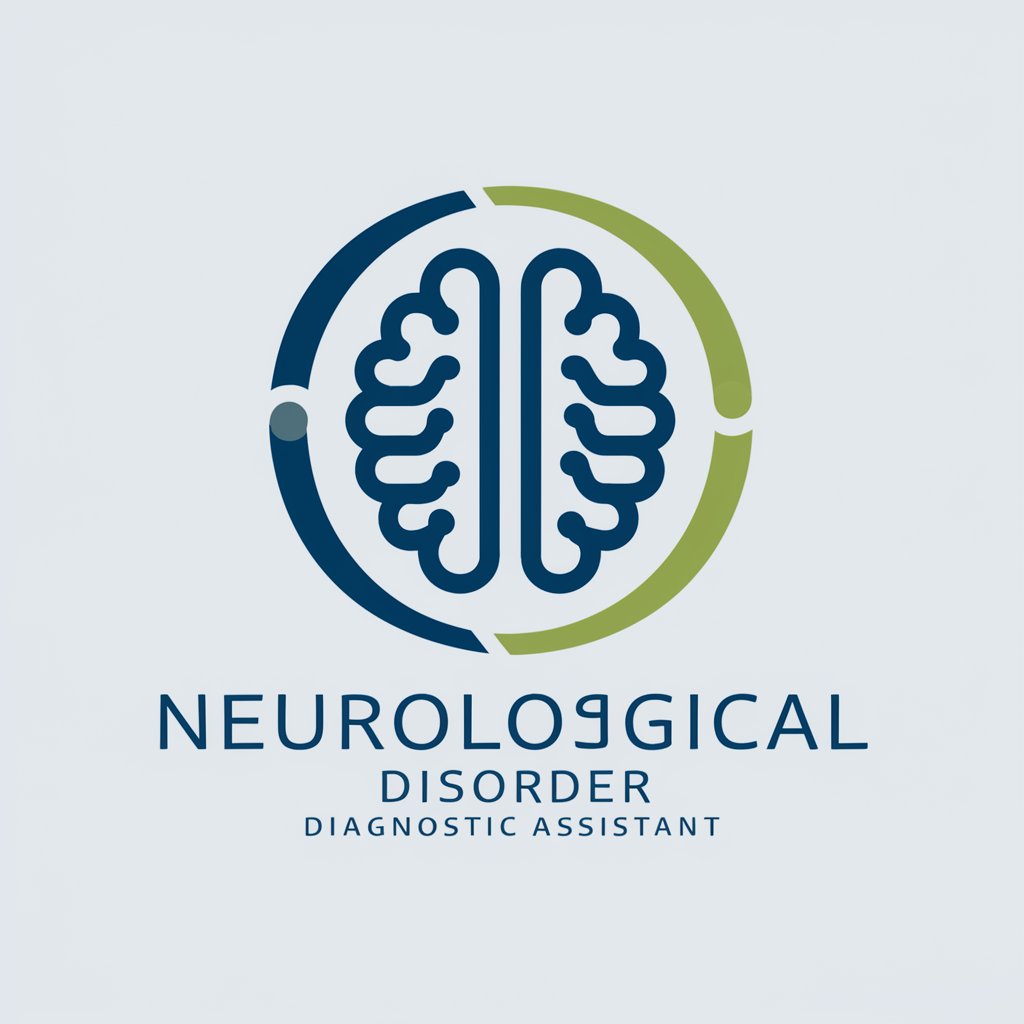
Psychosomatic Disorder Pattern Recognizer
Unveiling Hidden Patterns with AI
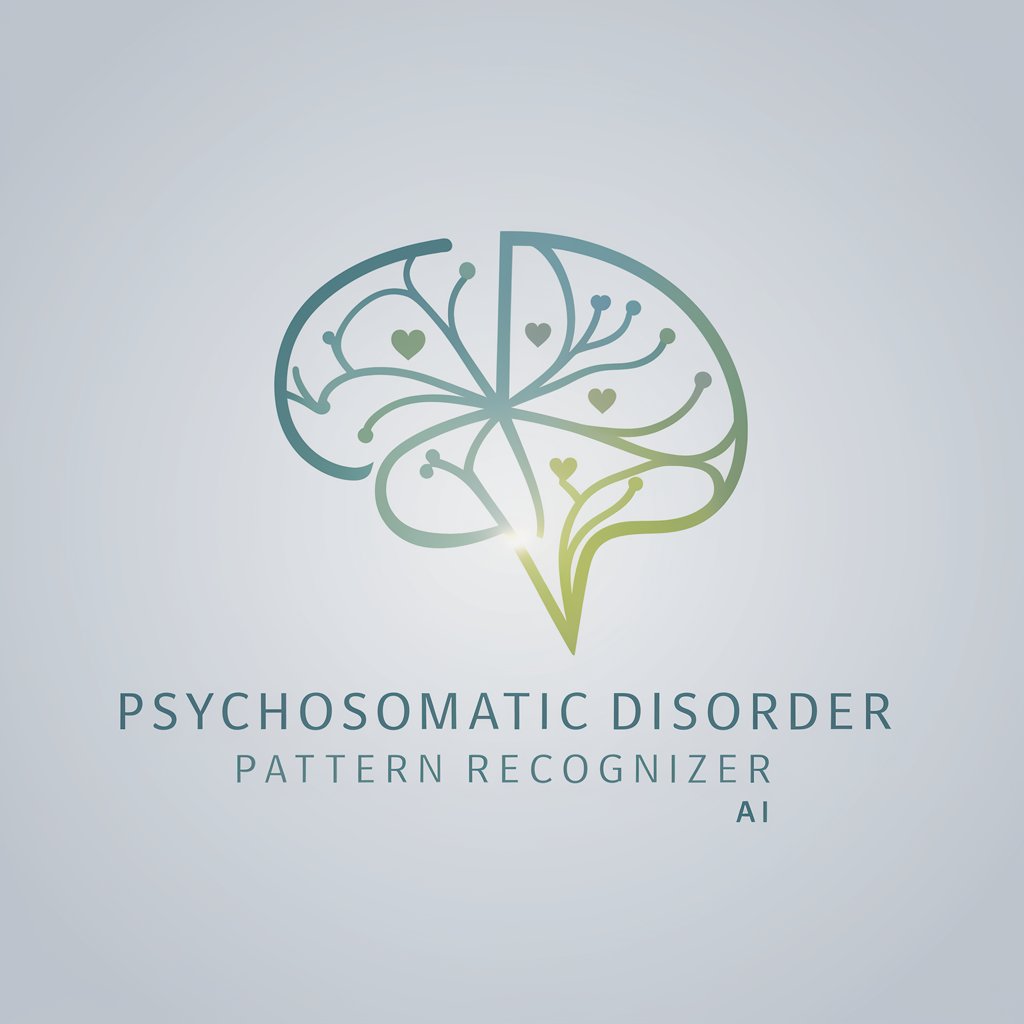
Neurological Disorder Management
Empowering Neurological Health with AI
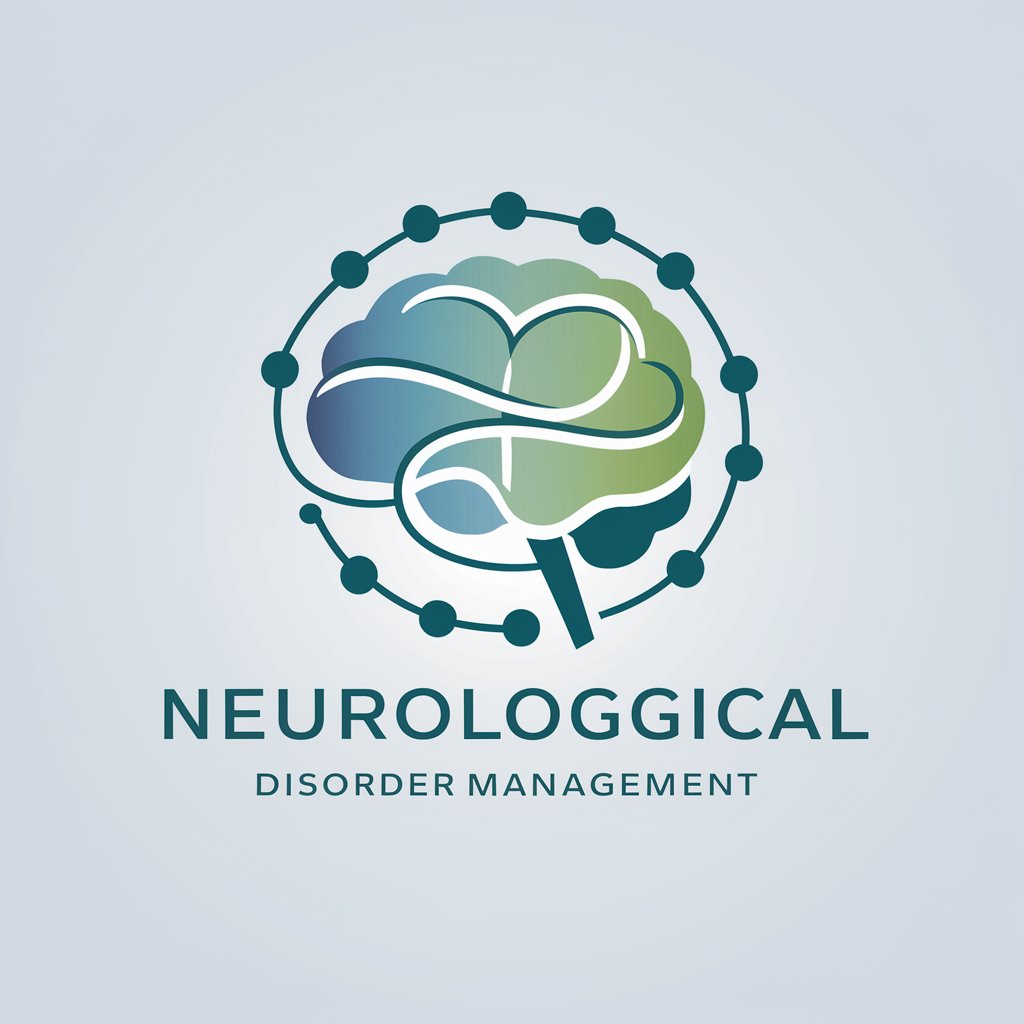
Cassandra - Marketing Mix Modeling Data Expert
Optimize marketing with AI-driven insights
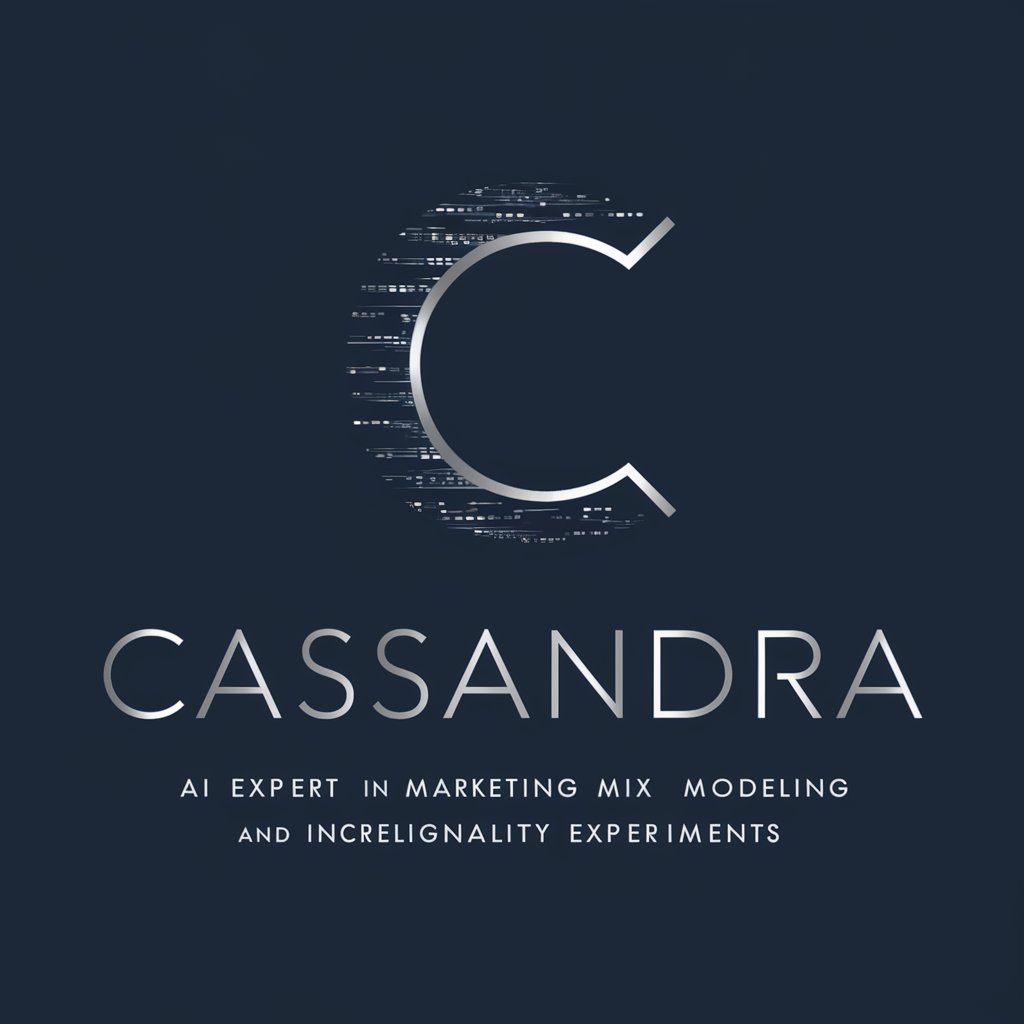
Bartender's Mix
Mix drinks smartly with AI-powered precision
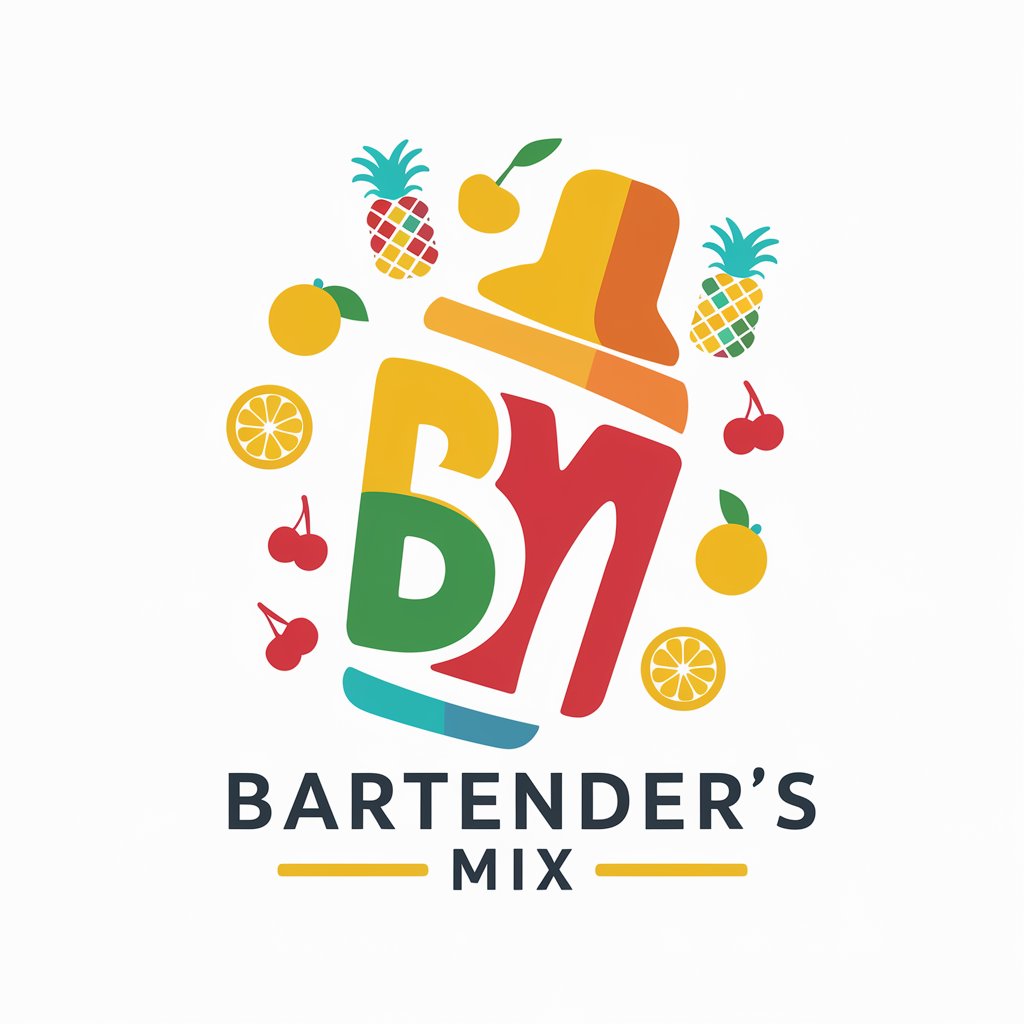
Mix Master
Elevate Your DJ Sets with AI
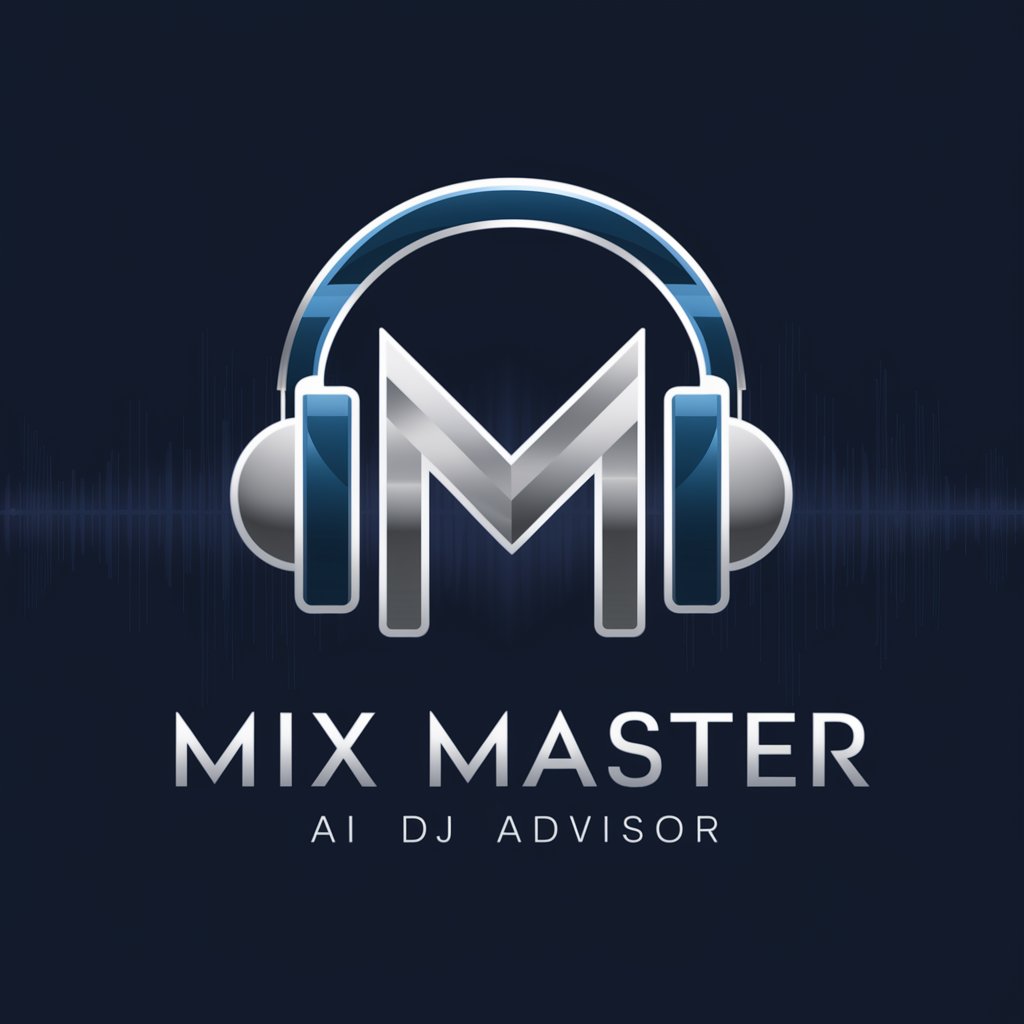
Mental Disorder Share
Share and Connect, Empowered by AI
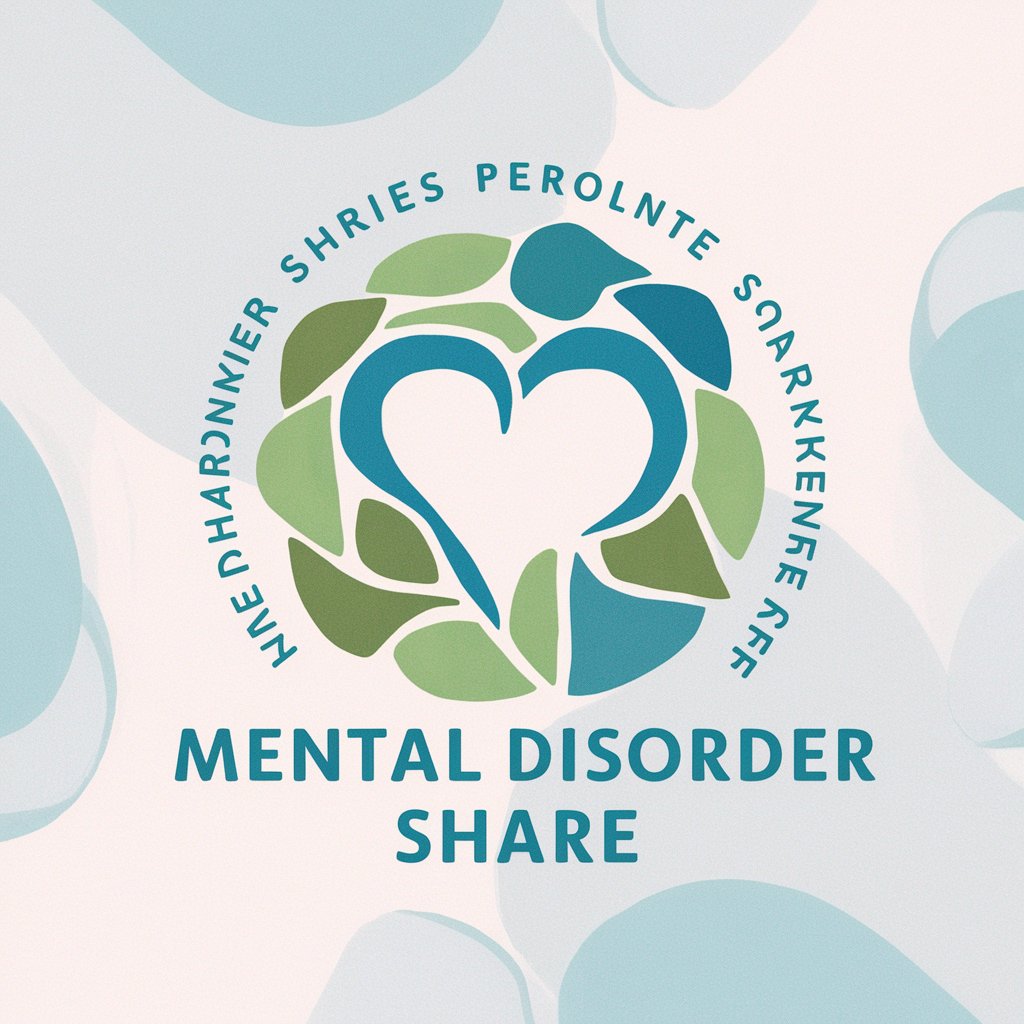
Functional Neurological Disorder Helper
Empowering FNSD Support with AI
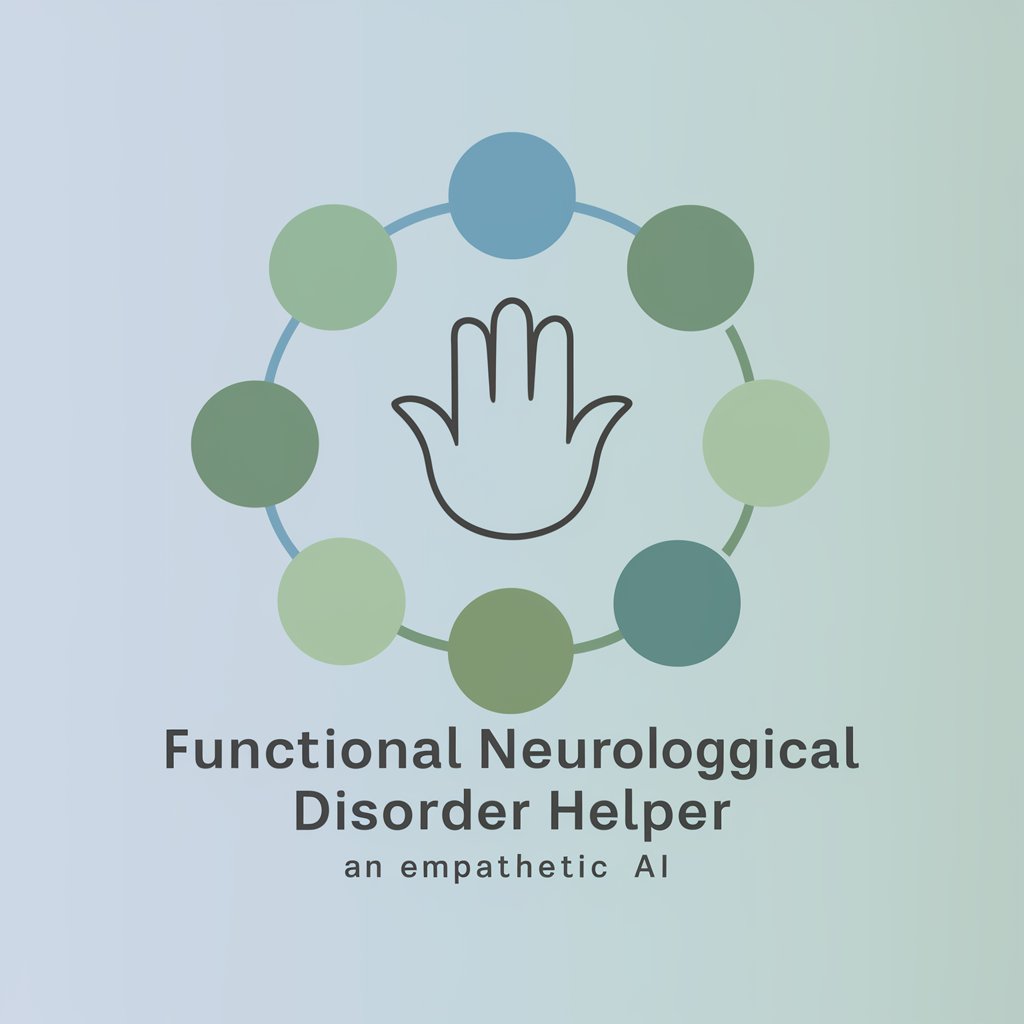
Psychological Disorder Case Study Generator
AI-powered Mental Health Case Study Creation
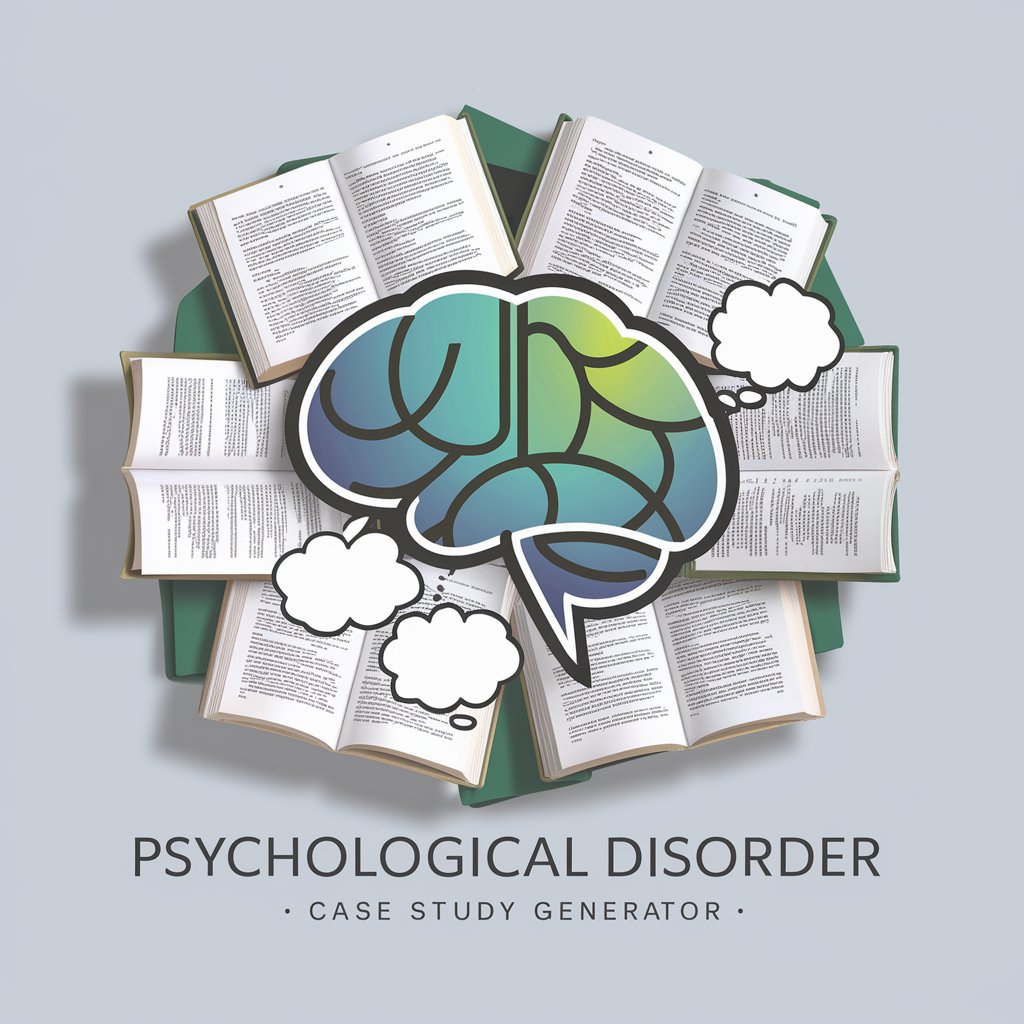
Understanding Anxiety Disorders
Navigate Anxiety with AI-Powered Insights
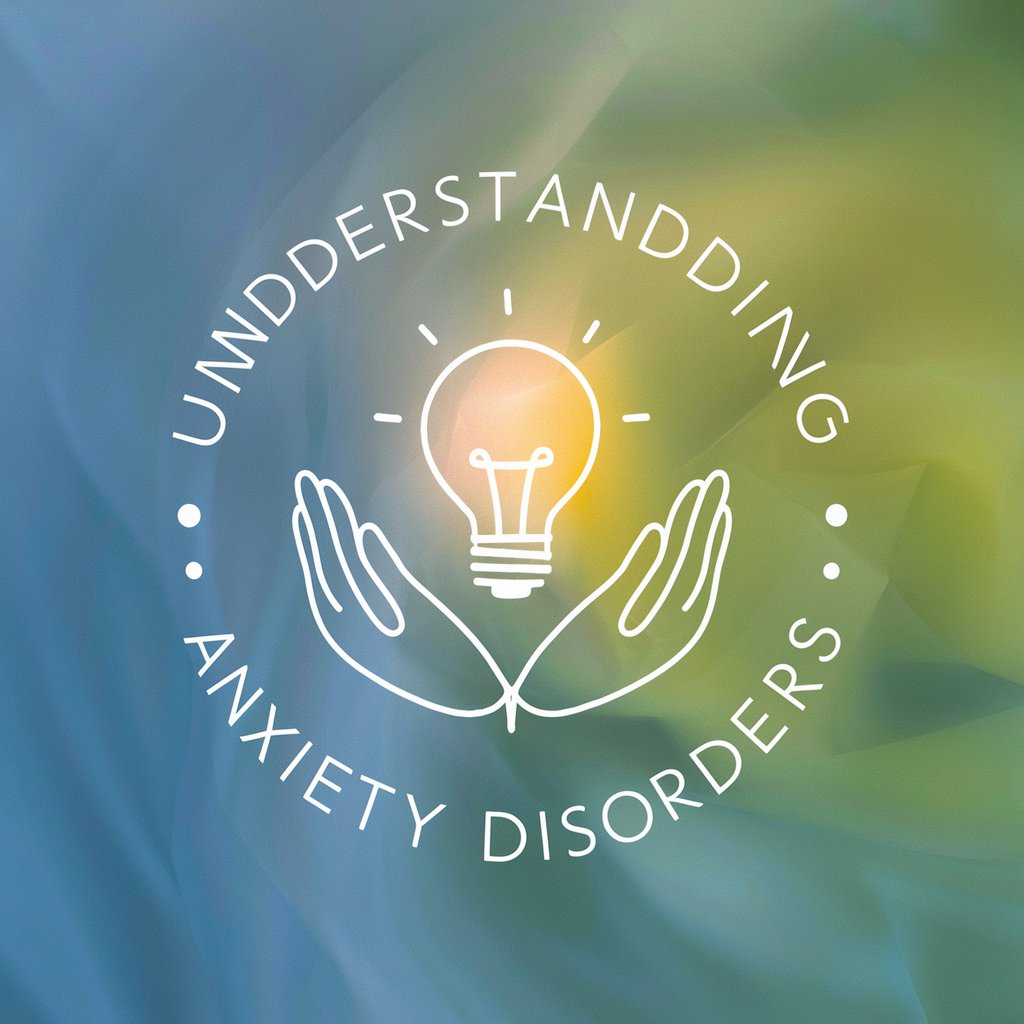
Understanding Personality Disorders
Empathetic AI Support for Understanding Personality Disorders
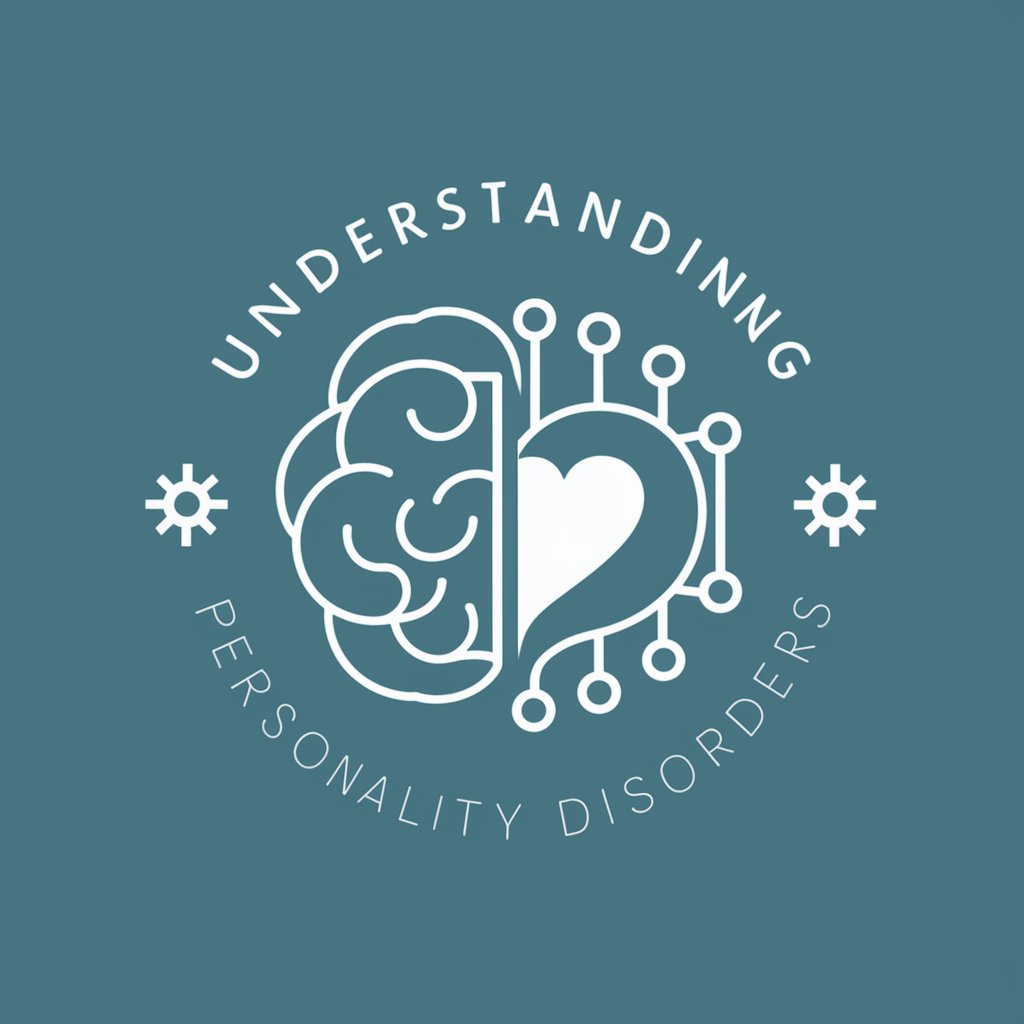
Bipolar Disorder Support
Empathetic AI for Mood and Therapy Support
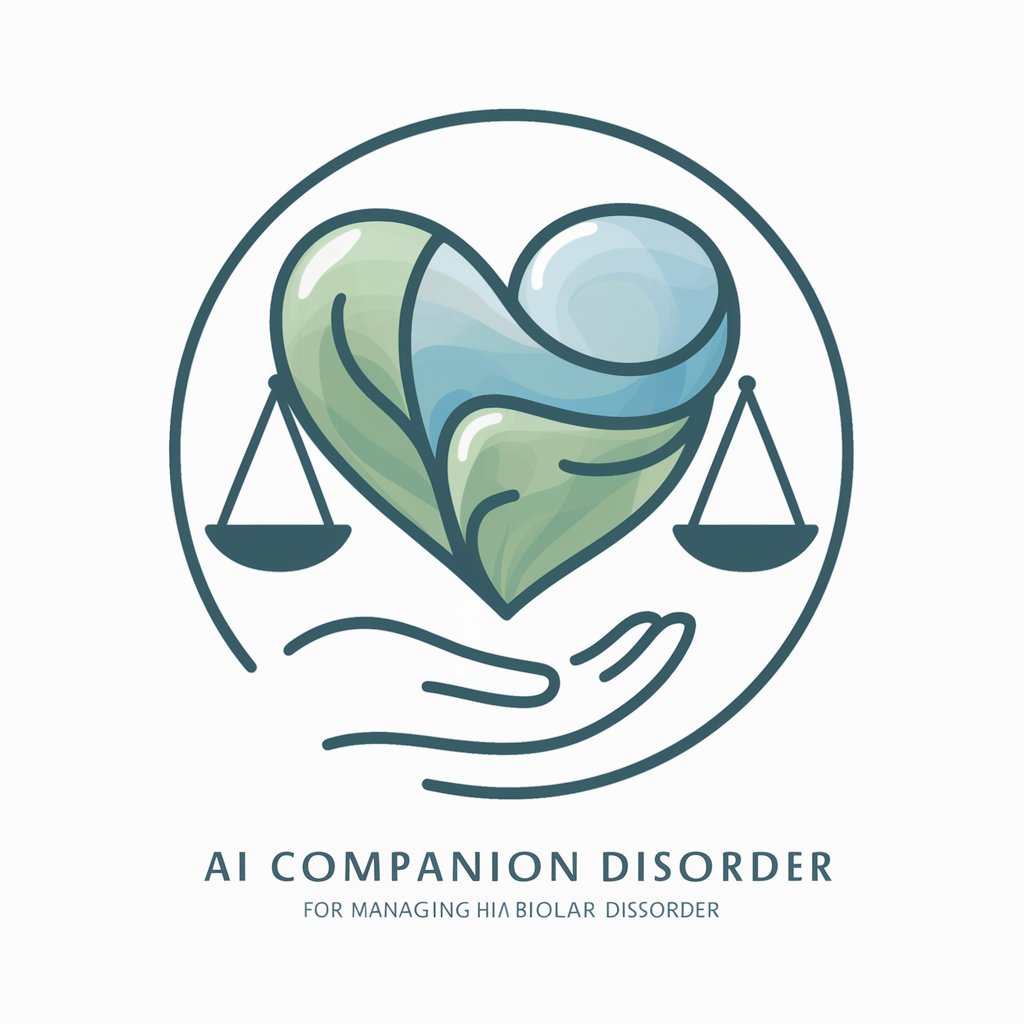
Detailed Q&A about Body Dysmorphic Disorder Support
What is Body Dysmorphic Disorder Support?
It is an AI-powered tool designed to provide empathetic support and information for individuals dealing with Body Dysmorphic Disorder, helping them navigate their feelings and experiences with tailored guidance and resources.
How can this tool help someone with BDD?
It offers a confidential space to discuss concerns, generates supportive content and coping strategies, and connects users with therapeutic resources and support groups through its browsing capabilities.
Can I use this tool for academic research on BDD?
Absolutely, academics can leverage its advanced data analysis capabilities to synthesize information, summarize key research, and extract data from relevant documents, aiding in the study of BDD.
Is there a way to visualize my progress in understanding BDD through this tool?
Yes, the tool can generate visual summaries and track your engagement and learning progress, helping visualize improvements and areas needing further exploration.
How does the image viewing feature help users with BDD?
This feature allows users to view calming or positive images related to body positivity, and users can also share images of spaces or items that make them feel secure, which the chatlet can analyze to better understand and support the user's needs.

